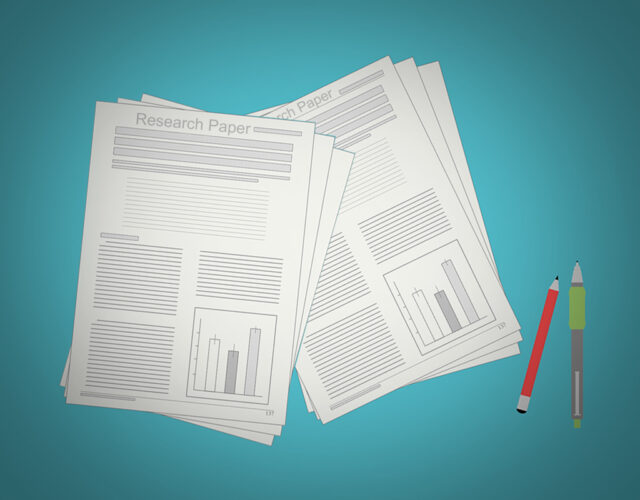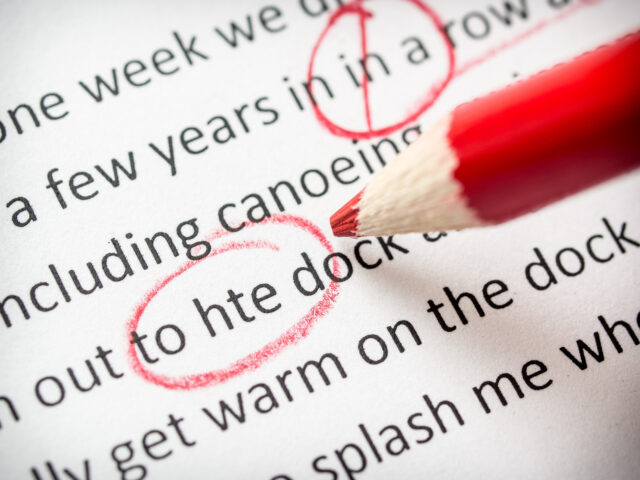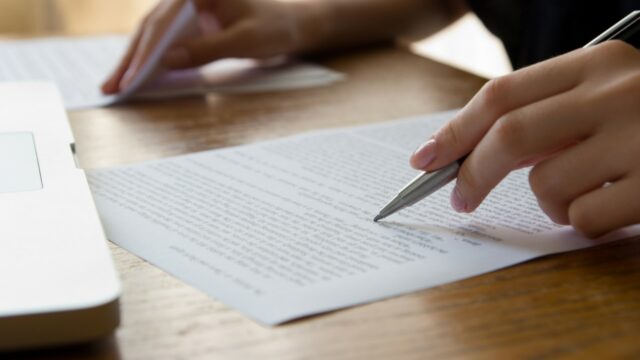
As we all know, writing a history research paper is often a daunting, complex, time-consuming, and stressful process, especially if you need to make it perfect. However, despite this, there are some things that you can choose to do in order to make the entire process easier.
If you are wondering what tips should you keep in mind when writing a history research paper, this article might help you with that. The text below is going to feature a list, of the top 8 tips you should use when working on a writing project for your school or university. Let’s take a closer look:
1. Know What Your Topic is

The very first rule that you should remember is that you need to ensure that you follow what was assigned to you. What does this mean? Well, it means that you must understand what form your paper should take, learn what the basic requirements such as the number of words are, as well as what the expectations are.
Additionally, you might want to consider thinking about whether or not it needs to include particular sources, can you write on whatever topic or are there some specific ones, and so on. By knowing what for everything needs to be in, you can ensure that you do not make a mistake that can cost you quite a lot.
2. You Should Begin With a Strong Argument

Before you begin, think about what are you writing about and what you are trying to prove to people by writing the paper. You should never, simply type all of the things you are thinking about in order to hit that word count mark. It needs to be thoughtful, articulate, grammatically correct, and it also needs to be argumentative.
3. Support Your Arguments And Points

Yes, you could have amazing arguments, but, they must be supported. Now, you must be wondering – how can I do this? Well, you can provide the reader with a lot of evidence. This means that you’ll want to source, cite, quote, basically add evidence proving that you are right.
Of course, your main source should be academic sources such as books, papers, journals, and so on. Next, you can also choose to use secondary sources such as magazines, shows, interviews, etc… The one you choose will depend on what you are writing about, especially since some teachers might need a lot of sources, while others do not.
4. Proofreading is Crucial

The one thing that you should keep in mind is that errors and typos can be extremely bad for your grade. Bad spelling, grammar mistakes, unfinished sentences – all of these things can impact your grade. Luckily there are various online platforms such as writehistoryessay.com that offer assistance, including proofreading services.
5. It Needs to Be 100% Unique

Although this is quite logical, it is still worth mentioning – never steal and/or copy the work of anyone else! Firstly, if it comes up as plagiarized content, you are literally breaking every academic code. This is why is it extremely crucial for you to use your own words when you write.
Yes, it might be tempting to copy and paste some parts of your essay, however, you should never do so. Keep in mind that almost all tools will have a plagiarism checking program that will catch everything, so, it is truly not worth it. Additionally, you can check online to find free checkers, which means that you can also ensure that it is 100% unique.
6. If You Do Not Know Some Words/Expressions Do Not Use Them

Of course, learning new words is worthy, however, if you do not understand a particular word or expression it is best not to use it while writing. If you cannot use a word properly, then you might not be able to support your arguments – which is something that you do not want to happen, especially since professors can notice it.
7. The Data Needs to Be Accurate

The data you provide needs to be accurate, after all, you are writing a paper on history. So, when doing research for your paper, ensure that the information is accurate and that a specific event really did occur on that specific day. Giving wrong information can definitely bring you a bad grade.
8. Revise Several Times

Once you are done with your first draft, you’ll be facing some hard work ahead of you. Firstly, you’ll need to read your entire paper aloud. This might help you notice some huge mistakes, however, it could also help you review the point you are making. Do not forget to check whether or not you used commas, hyphens, and full stops properly as well.
Bonus Tip – Get Feedback And Always Listen to it

Before you choose to deliver your paper to your professor, ensure that someone reads it first. This will allow you to learn if you made any mistakes, if you supported your arguments well, as well as whether or not the entire paper makes sense and if it is easy to comprehend it.
Once you get the feedback, you must, I repeat, you MUST listen to it. After all, someone else might have the same opinion, and your goal is to ensure that you get a good grade. So, when someone gives you advice and feedback, ensure that you do what they tell you and correct the things you did wrong.
Conclusion

As you can see, there are a lot of tips that you can choose to implement when finishing a project at school. And, by following the tips mentioned in the article above, you’ll be able to make the entire writing process easier, less time-consuming, and more importantly, less stressful for yourself.
So, now that you know what are the things that you must focus on, you should not lose any more of your time. Instead, determine what tips might be useful for you, remember to figure out what your assignment is, and you can start writing your history research paper right away!












